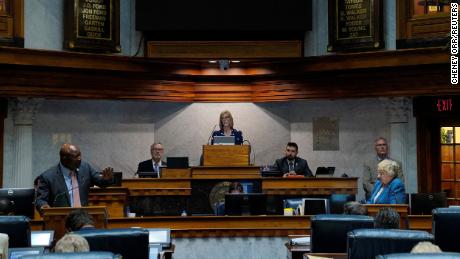
In the labyrinth of legal discourse, clarity is paramount. Understanding the intricacies of legal matters begins with decoding the lexicon of Law Definitions. These terms, often veiled in complexity, serve as the building blocks of legal language, shaping the nuanced landscape of justice and governance. Let’s embark on a journey through the corridors of legal terminology, unraveling the significance behind these words that carry the weight of the law.
Table of Contents
Toggle1. Jurisprudence: The Philosophy of Law
At the pinnacle of legal thought resides jurisprudence, a term encapsulating the philosophy and theory behind the law. It delves into the nature of law, exploring its origins, purpose, and underlying principles. Jurisprudence serves as the intellectual foundation upon which legal systems are constructed, providing a framework for understanding the essence of justice.
2. Habeas Corpus: Safeguarding Personal Freedom
Derived from Latin, habeas corpus translates to “you shall have the body.” This foundational legal principle safeguards individual freedom by preventing unlawful detention. Through this writ, a person held in custody can challenge the legality of their imprisonment, ensuring that their right to liberty is protected.
3. Mens Rea: The Guilty Mind
In criminal law, mens rea refers to the mental state or intention behind a criminal act. It signifies a conscious and deliberate intent to commit an offense. Understanding mens rea is pivotal in determining the culpability of an individual, distinguishing between intentional wrongdoing and inadvertent actions.
4. Pro Bono: Legal Assistance for the Public Good
Embedded in the ethos of legal practice, the term pro bono denotes the provision of legal services without charge, typically for the public good. Attorneys engaging in pro bono work contribute their expertise to support individuals or causes that may lack the financial means to access legal representation.
5. Force Majeure: Unforeseeable Circumstances
Within the realm of contracts and obligations, the concept of force majeure acknowledges unforeseeable events or circumstances that prevent the fulfillment of contractual duties. This legal term provides a safeguard, relieving parties from contractual obligations when faced with extraordinary and uncontrollable events.
6. Stare Decisis: Precedent and Legal Consistency
Latin for “to stand by things decided,” stare decisis embodies the principle of legal precedent. It dictates that courts should adhere to established rulings when deciding similar cases. This commitment to consistency fosters predictability within the legal system, ensuring that decisions are grounded in established legal principles.
7. In Camera: Confidential Legal Proceedings
When legal proceedings are conducted in camera, they take place in private chambers or behind closed doors. This term is often employed to protect sensitive information, such as discussions involving minors, trade secrets, or matters requiring confidentiality.
8. Tort: Civil Wrongs and Compensation
A tort represents a civil wrong or injury that one person inflicts upon another, leading to legal liability. Torts encompass a broad spectrum, including negligence, intentional harm, and defamation. Legal remedies for torts often involve financial compensation for the injured party.
9. Quantum Meruit: “As Much as He Deserved”
Literally translating to “as much as he deserved,” quantum meruit refers to the legal doctrine of determining reasonable compensation for services rendered. This concept is particularly relevant when there is no predetermined agreement or contract specifying payment terms.
10. Res Ipsa Loquitur: “The Thing Speaks for Itself”
Embedded in the field of negligence law, res ipsa loquitur embodies the notion that certain accidents or injuries would not occur without someone’s negligence. The very occurrence of the event implies negligence, shifting the burden of proof to the responsible party.
Conclusion: Navigating Legal Terrain
As we navigate the vast terrain of legal language, these Law Definitions serve as beacons illuminating the path to comprehension. Each term, with its unique resonance, contributes to the rich tapestry of legal discourse, shaping the way we interpret, enforce, and uphold the principles of justice. In the symphony of legal terminology, precision and understanding harmonize to facilitate a nuanced comprehension of the law’s intricacies.




